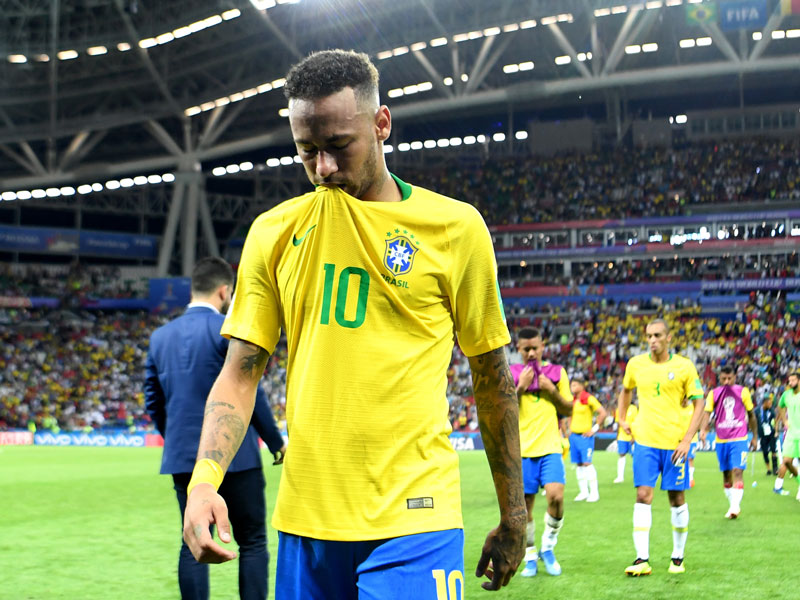Tim Vickery’s Notes from South America: Looking for Crumbs of Comfort from a Disappointing World Cup
Still no South American winner in Europe since 1958. No South American winner since 2002. No South American team in the last four of a World Cup in Europe for the second consecutive time. The guarantee that Europe will supply seven out of the last eight World Cup finalists.
On the other hand, 2006 was the best World Cup ever in the history of Ecuador, as 2010 was for Paraguay and 2014 for Colombia – and for Chile 2010 and 14 were the best ever in the history of Chile, with the exception of the one they hosted in 1962.
We are dealing, then, with a complex and contradictory scenario that perfectly reflects trends in national team football. One the one hand, unlike in the club game, distances are clearly shrinking – as highlighted, for example, by the elimination of reigning champions Germany at the hands of South Korea. On the other, this process is taking place in the midst of a predominance of European, and in particular western European, national sides.
And so as far as the South Americans are concerned, the less traditional teams have become more competitive. But at the top of the pyramid, the big powers – Brazil and Argentina – keep falling to the western Europeans. Argentina were knocked out by France this time after three successful defeats to the Germans. Brazil have exited the last four World Cups at the hands of France, Holland, Germany, and now Belgium.
Article Continues Below
The globalisation of the game – in which the top players and coaches congregate in a handful of western European leagues – clearly helps to explain these trends. The big stars from every country pick up experience, knowledge and self-esteem playing alongside the global stars in the Champions League. All of this is useful when they go back home and represent their national sides. But playing host to a closely knit network of ideas obviously benefits the Europeans, who are at the heart of the process.
The background story of the two South American sides to reach the quarter finals in Russia is interesting. In the case of Uruguay, as former national team striker Sebastian Abreu said recently, the national team is virtually an island of competence in a chaotic domestic environment. The 12 year project of coach Oscar Washington Tabarez all but ignores local football. It assumes that any good players will inevitably be sold abroad, and seeks to use the FA to identity and develop youngsters good enough to play top class global football.
And the case of Brazil is intrinsically linked to coach Tite, who picked up a team down in 6th place in World Cup qualification and steered them with such aplomb that, before fateful Friday against Belgium, they had scored plenty of goals and hardly conceded any. But the secret of Tite’s progress, as he is quick to point out, is his capacity to learn, and the many hours he has put in making an in depth study of the game in Europe.
In short, then, both Uruguay and Brazil, under current management, have tried to adapt their thinking to the globalised scenario.
And it was clear from the marathon World Cup qualification campaign that these were likely to be the best South American sides in Russia 2018. Brazil were capable of making further progress in the World Cup, while Uruguay probably reached their limit by getting to the quarter finals. No one who followed the qualifiers would be surprised that Argentina were a shambles and that Colombia, especially after the cruel injury to James Rodriguez, were somewhat limited. And Peru, in level of performance if not in results, probably exceeded expectations despite going out in the group phase.
It was, after all, the worst South American qualification campaign in the last two decades, with the lowest level of play. This may highlight a long term trend. Just as possibly, if not more so, it could have been a mere brief and temporary dip. Qatar 2022 will put such interpretations to the test.
Before then – South America should at least be able to provide the winner of next year’s Copa America. Unless invited guests Japan and Qatar have other ideas.
Also don’t forget to follow World Soccer on Facebook, and Twitter.







